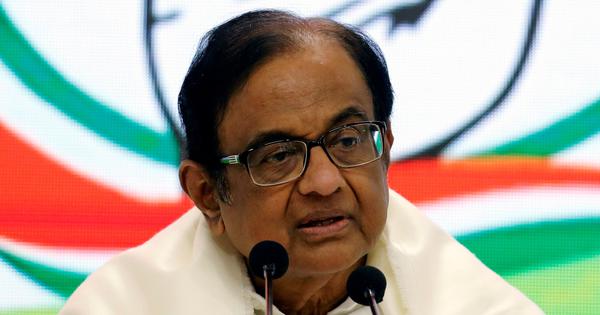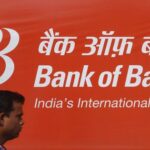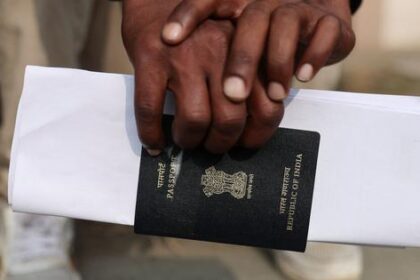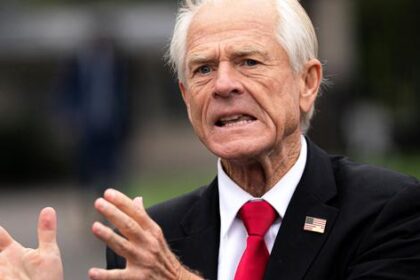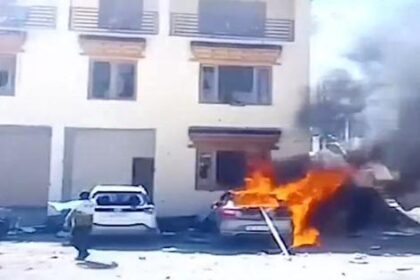Chidambaram recounts pressure from global leaders against military action post-Mumbai attacks.
Congress leader P Chidambaram shared insights during an interview with ABP News regarding the Indian government’s response to the 2008 Mumbai terror attacks. He revealed that, following the attacks, he considered the possibility of taking retributive action against Pakistan. However, he ultimately opted for diplomatic measures, a decision influenced by discussions with Prime Minister Manmohan Singh and officials from the Ministry of External Affairs (MEA) and the Indian Foreign Service (IFS).
Chidambaram, who became the Union Home Minister just three days after the attacks on November 26, 2008, noted that the international community strongly advised India against initiating military action. He described how, shortly after assuming his new role, Condoleezza Rice, then the United States Secretary of State, visited New Delhi. Rice’s visit aimed to convey a message of restraint, urging Indian leaders not to react impulsively. Chidambaram recalled her words: ‘please don’t react,’ emphasizing that the decision was ultimately left to the Indian government.
The Mumbai attacks, which were carried out by ten terrorists linked to the group Lashkar-e-Taiba, resulted in the deaths of 166 individuals, including 26 foreign nationals, and left approximately 300 others injured. This tragic incident prompted discussions within the Indian leadership about the appropriate course of action.
When questioned about whether the Congress-led United Progressive Alliance (UPA) government had adopted a lenient stance towards terrorism, particularly in light of the recent Operation Sindoor following a terror attack in Pahalgam, Chidambaram responded by urging not to conflate the circumstances of 2008 with those of 2025. He pointed out that the situation regarding India’s defense preparedness and intelligence capabilities had significantly evolved over the years. He asserted, ‘No, [the government] was not soft on terror; we did not retaliate for reasons.’
Chidambaram explained that the context in 2008 was markedly different from today, as substantial efforts had been made to rebuild and enhance India’s defense assets and preparedness since then.
The terror attack in Pahalgam on April 22, which resulted in 26 fatalities, was carried out by terrorists who specifically targeted tourists based on their religion. In response, the Indian military executed Operation Sindoor, targeting what were claimed to be terrorist camps in Pakistan and Pakistan-occupied Kashmir. This led to retaliatory actions from the Pakistan Army, including shelling Indian villages along the Line of Control, which resulted in additional casualties.
Chidambaram’s recent comments have drawn criticism from the Bharatiya Janata Party (BJP). Union minister Pralhad Joshi asserted that Chidambaram’s remarks affirmed long-held suspicions that the Mumbai attacks were mishandled due to external pressures. BJP spokesperson Shehzad Poonawalla expressed skepticism about Chidambaram’s reluctance to assume the role of Union Home Minister and alleged that he had initially supported military action against Pakistan but was swayed by others in the government. Poonawalla also questioned whether Prime Minister Singh or Congress leader Sonia Gandhi had hindered such military initiatives, highlighting concerns over UPA’s apparent deference to Rice’s influence.

